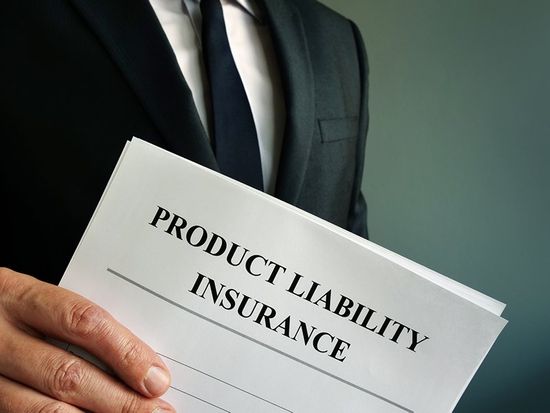Beyond Product Manufacturer: Other Liable Parties for Defective Product Injuries

The legal principle of product liability entitles you to compensation if a defective product causes you injury. Many people go after manufacturers of defective products in such cases. However, the product manufacturer is not the only one to blame for a defective product. Here are other parties who may share the blame with the manufacturer.
Part Supplier
Some manufacturers don't produce the individual components that they use to make the finished products. For example, a car manufacturer can source airbags, upholstery, and music systems from other businesses. If third parties supply defective products, then the responsible third party should pay the damages.
Take an example where a phone manufacturer sources its batteries from a third party. If the phone batteries prove defective, explode, and cause injuries, then the battery supplier may also be responsible for the damages.
Product Assembler
Some companies source various parts of their products and only assemble the individual parts into finished products. In many cases, product assemblers choose this model of operation to enjoy tax advantages or benefit from homemade tag status. For example, a car factory can import different parts of a car and assemble it so that the car is American-made.
In such a case, the assembler won't escape liability just because they did not make the car from scratch. For example, if you buy such a car and it suffers from unintended acceleration, the assembler may be one of the parties responsible if the defect results in an accident.
Product Installer
For products that require installation, the product installer may also share liability for the damages a defective product might cause. The installer's liability is even more likely if the defect is something the installer should have noticed or if the defect originated from the installer's actions.
For example, you may buy an HVAC system and have it installed by a different party from the manufacturer. If the installer makes a mistake during the installation, then they should pay for any damages their mistake causes. For example, the installer should pay for the losses you might suffer if the HVAC system causes a house fire.
Wholesaler
For products that pass through wholesalers before they reach the final customer, the wholesaler also has a role to play in ensuring they only deal in safe products. You can hold a wholesaler liable for the injuries if the wholesaler does something to make the products dangerous or fails to identify a defect in their products.
For example, a milk wholesaler should pay for any damages their products cause if the wholesaler fails to store some milk properly and the milk goes bad. A wholesaler who buys milk that is already bad is also liable for the injuries the milk might cause. In the latter example, the rationale is that the wholesaler should have confirmed the condition of the milk first.
Retailer
Lastly, the retailer who sold the product directly to you should also share some of the blame if you end up with injuries due to the product's defect. Just like wholesalers, retailers should also ensure that they only stock safe products. Retailers must also safely stock and handle their merchandise.
Therefore, a grocer who handles meat carelessly should pay for the injuries the tainted meat might cause. Similarly, meat retailers should confirm the condition of all products they purchase since they are responsible for the product being safe for consumers.
At Wegner & Associates, we can help you identify all the liable parties so that you can receive the compensation you deserve. Contact us for a free initial consultation if a defective product has caused you injury.
